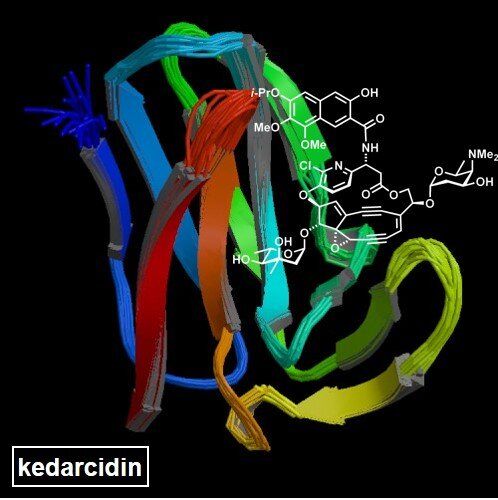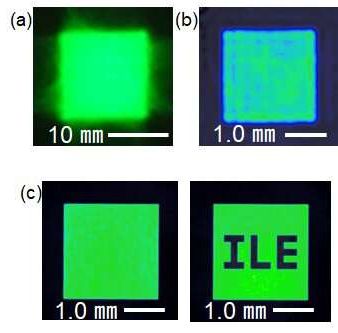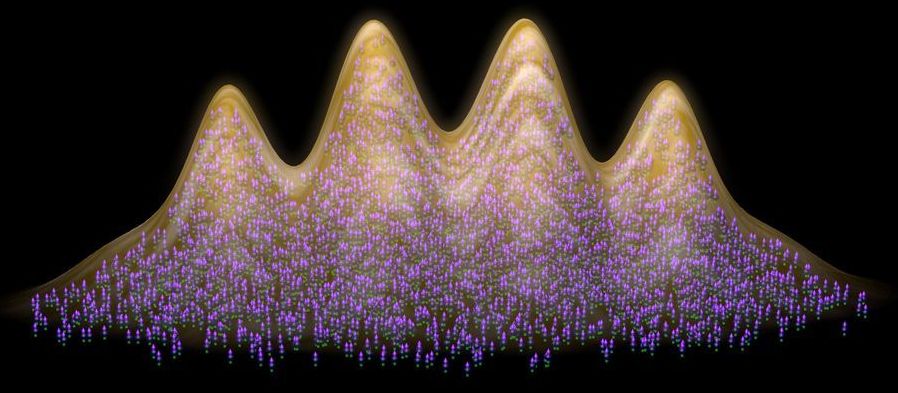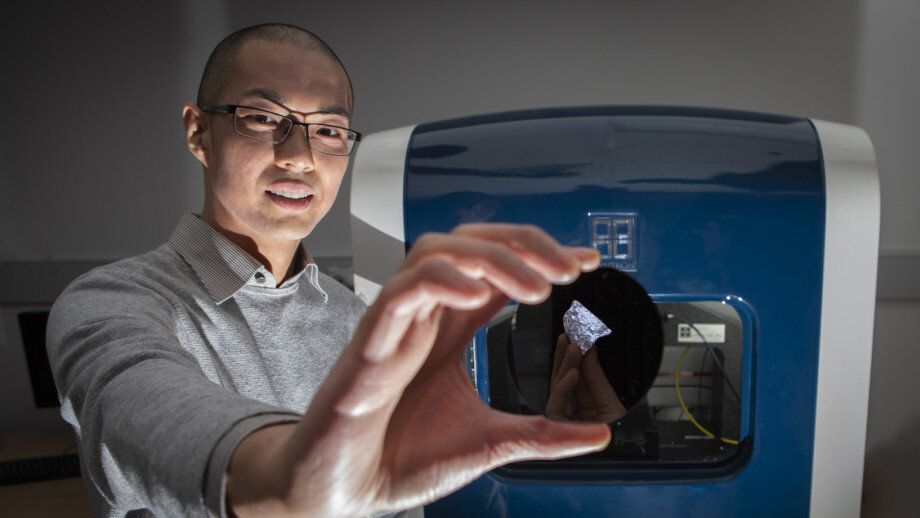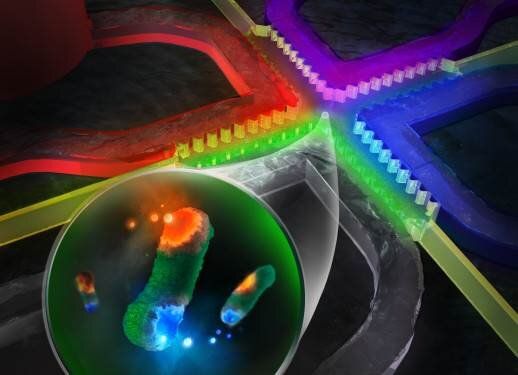Researchers led by Francesca Ferlaino from the University of Innsbruck and the Austrian Academy of Sciences report in Physical Review X on the observation of supersolid behavior in dipolar quantum gases of erbium and dysprosium. In the dysprosium gas these properties are unprecedentedly long-lived. This sets the stage for future investigations into the nature of this exotic phase of matter.
Supersolidity is a paradoxical state where the matter is both crystallized and superfluid. Predicted 50 years ago, such a counter-intuitive phase, featuring rather antithetical properties, has been long sought in superfluid helium. However, after decades of theoretical and experimental efforts, an unambiguous proof of supersolidity in these systems is still missing. Two research teams led by Francesca Ferlaino, one at the Institute for Experimental Physics at the University of Innsbruck and one at the Institute for Quantum Optics and Quantum Information of the Austrian Academy of Sciences, now report on the observation of hallmarks of this exotic state in ultracold atomic gases.
While so far most work has focused on helium, researchers have recently turned to atomic gases—in particular, those with strong dipolar interactions. The team of Francesca Ferlaino has been investigating quantum gases made of atoms with a strong dipolar character for a long time. “Recent experiments have revealed that such gases exhibit fundamental similarities with superfluid helium,” says Lauriane Chomaz, referring to experimental achievements in Innsbruck and in Stuttgart over the last few years. “These features lay the groundwork for reaching a state where the several tens of thousands of particles of the gas spontaneously organize in a self-determined crystalline structure while sharing the same macroscopic wavefunction—hallmarks of supersolidity.”
Read more



